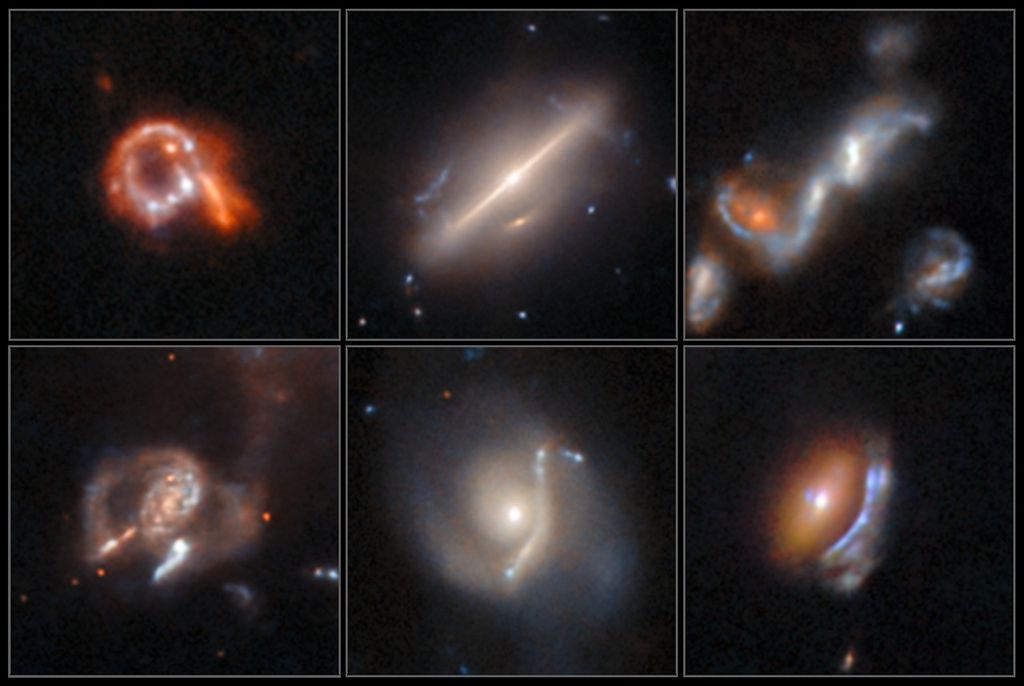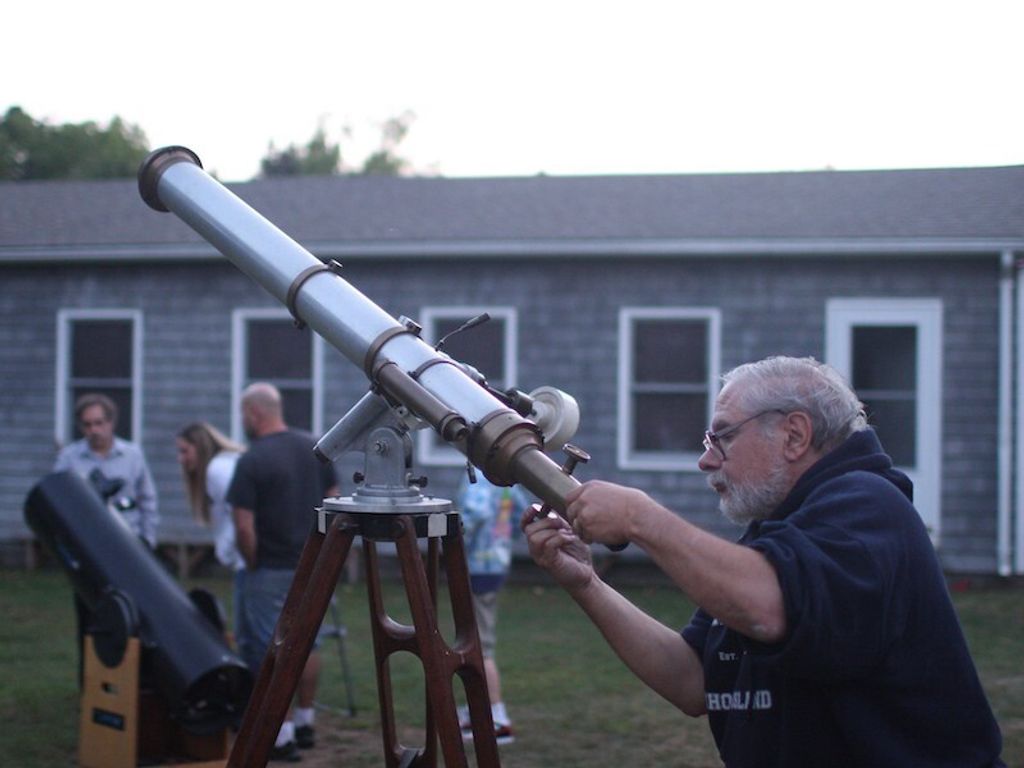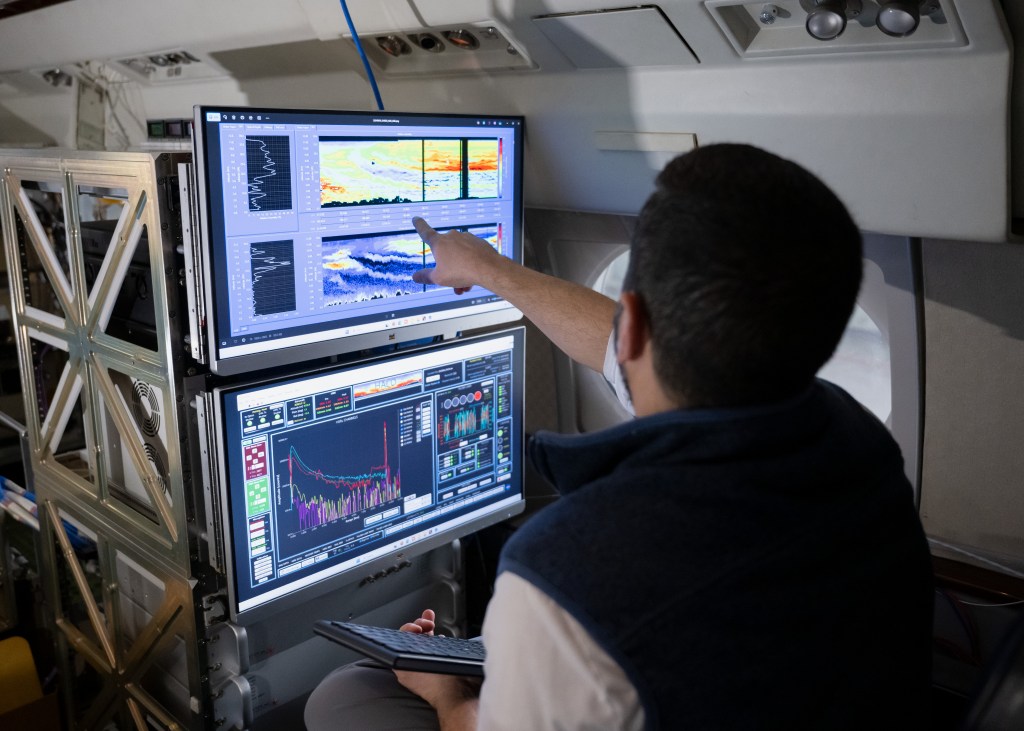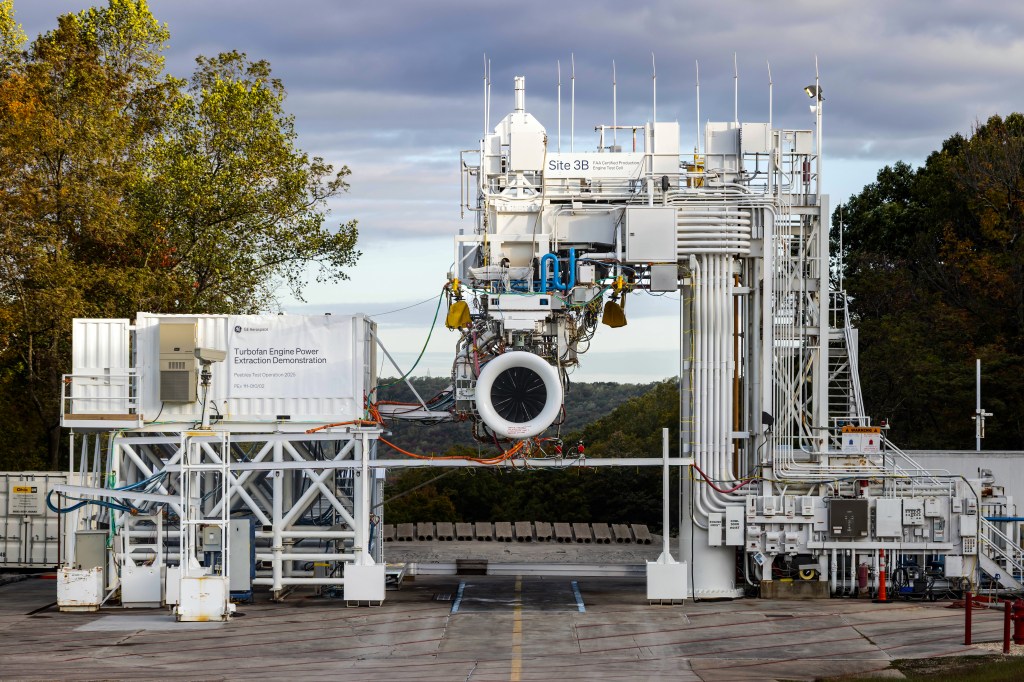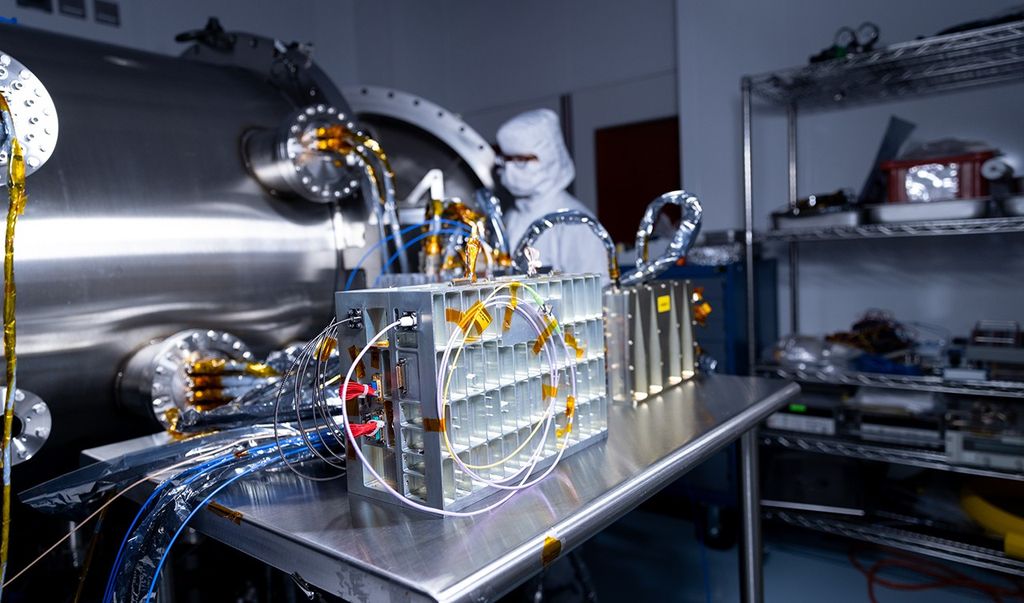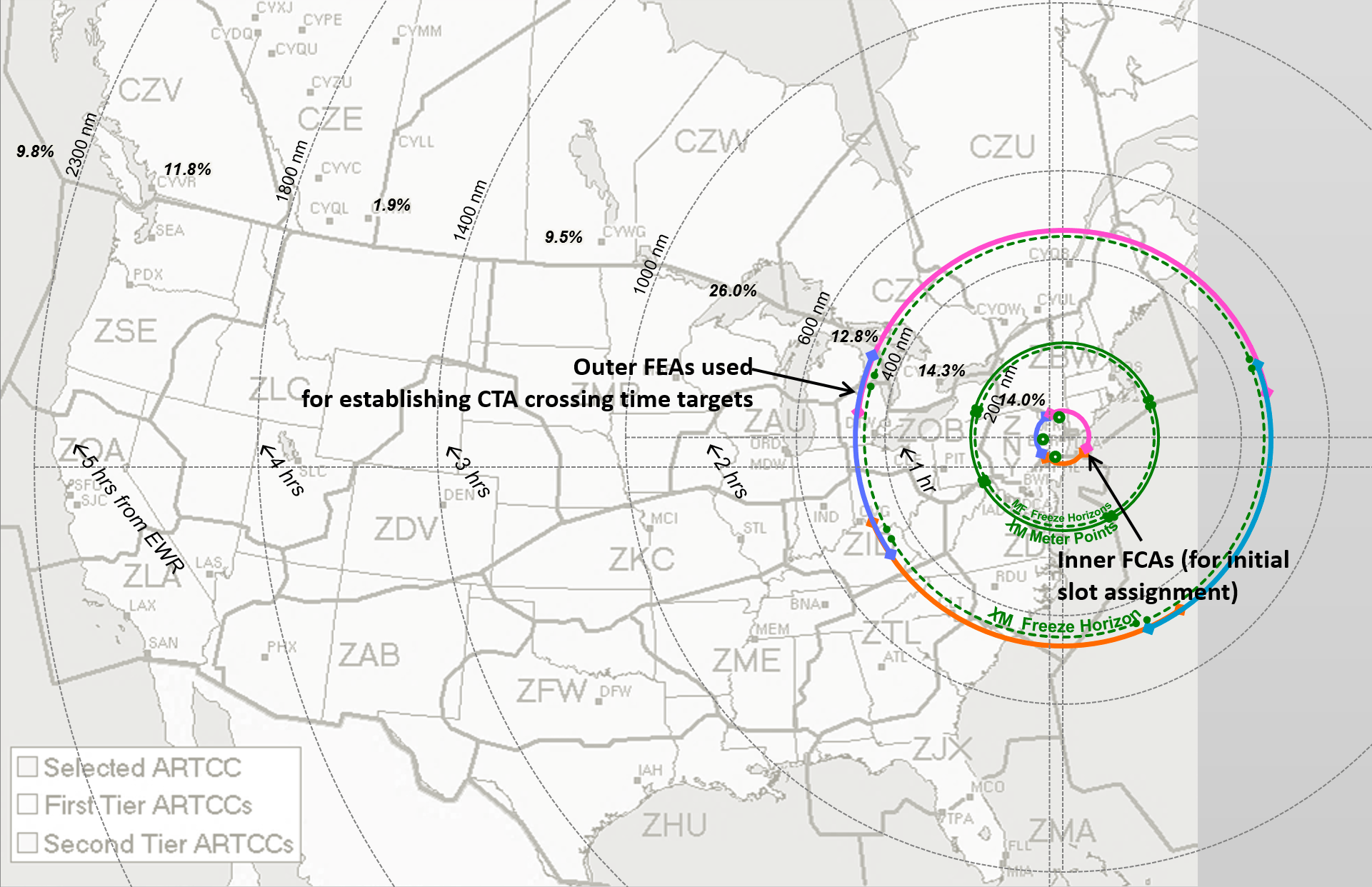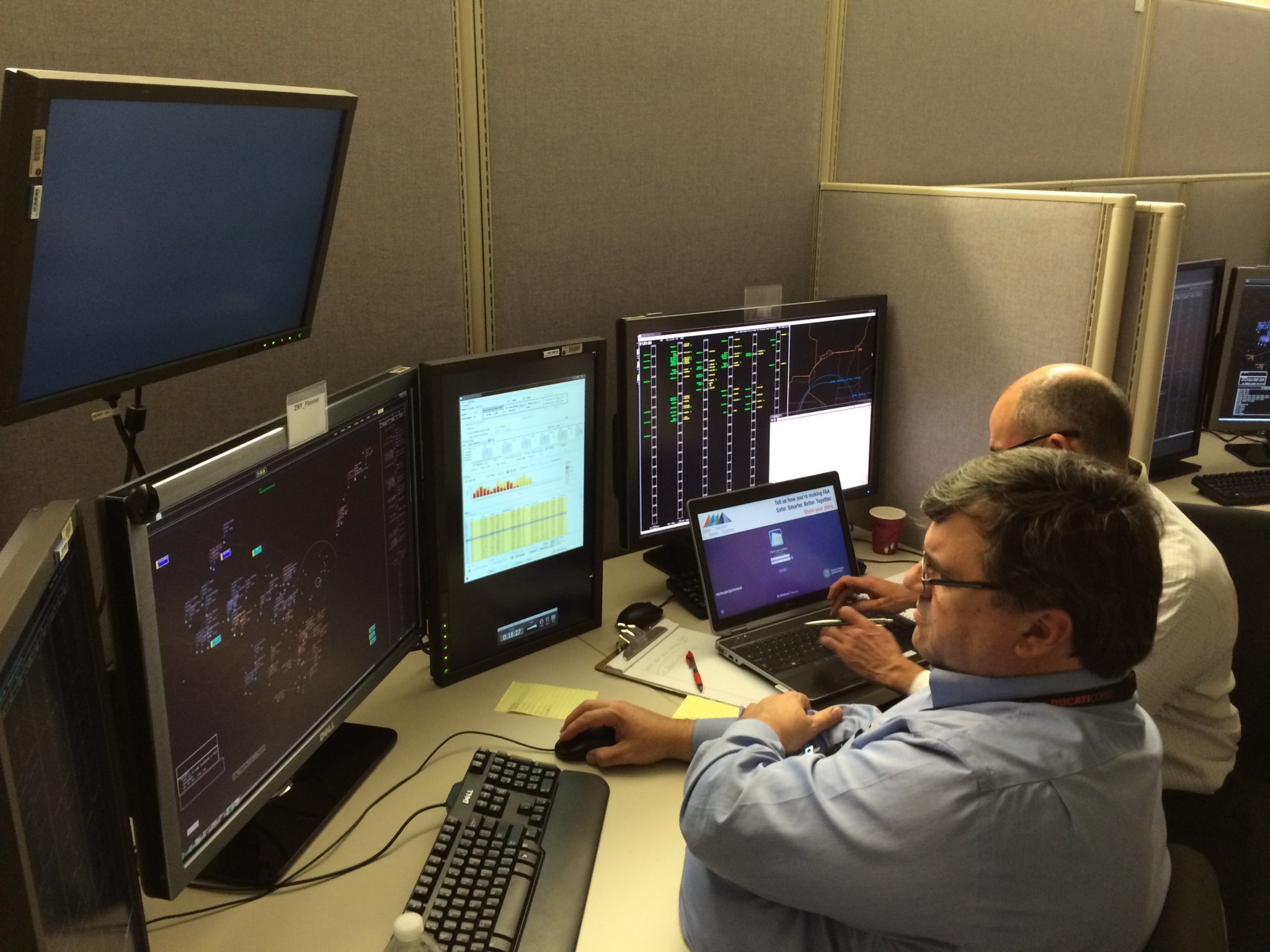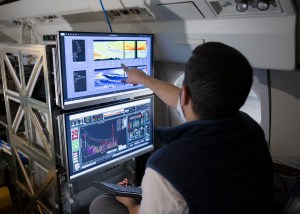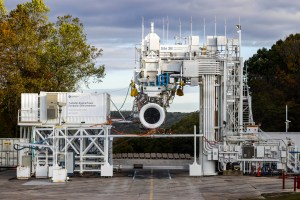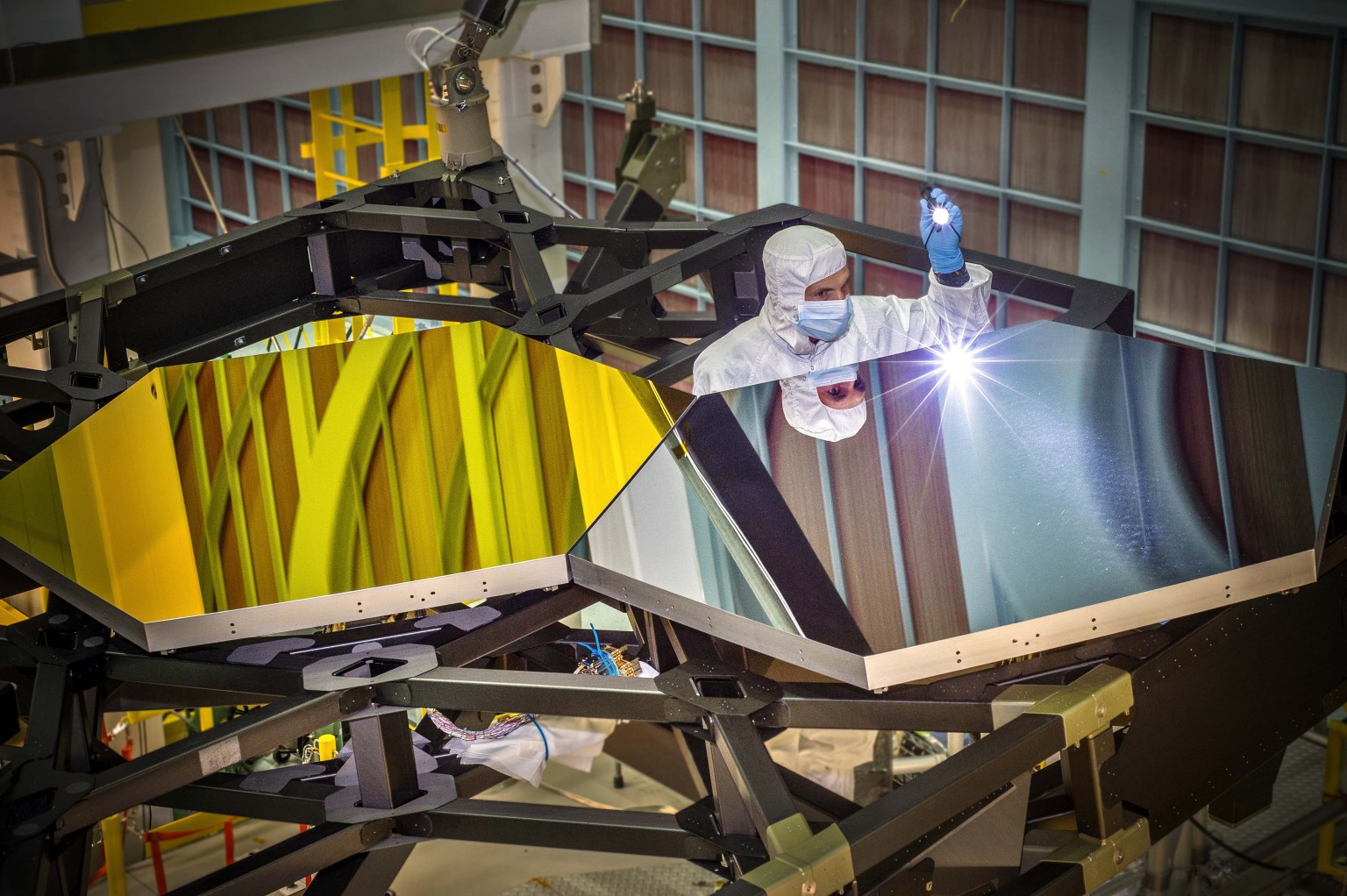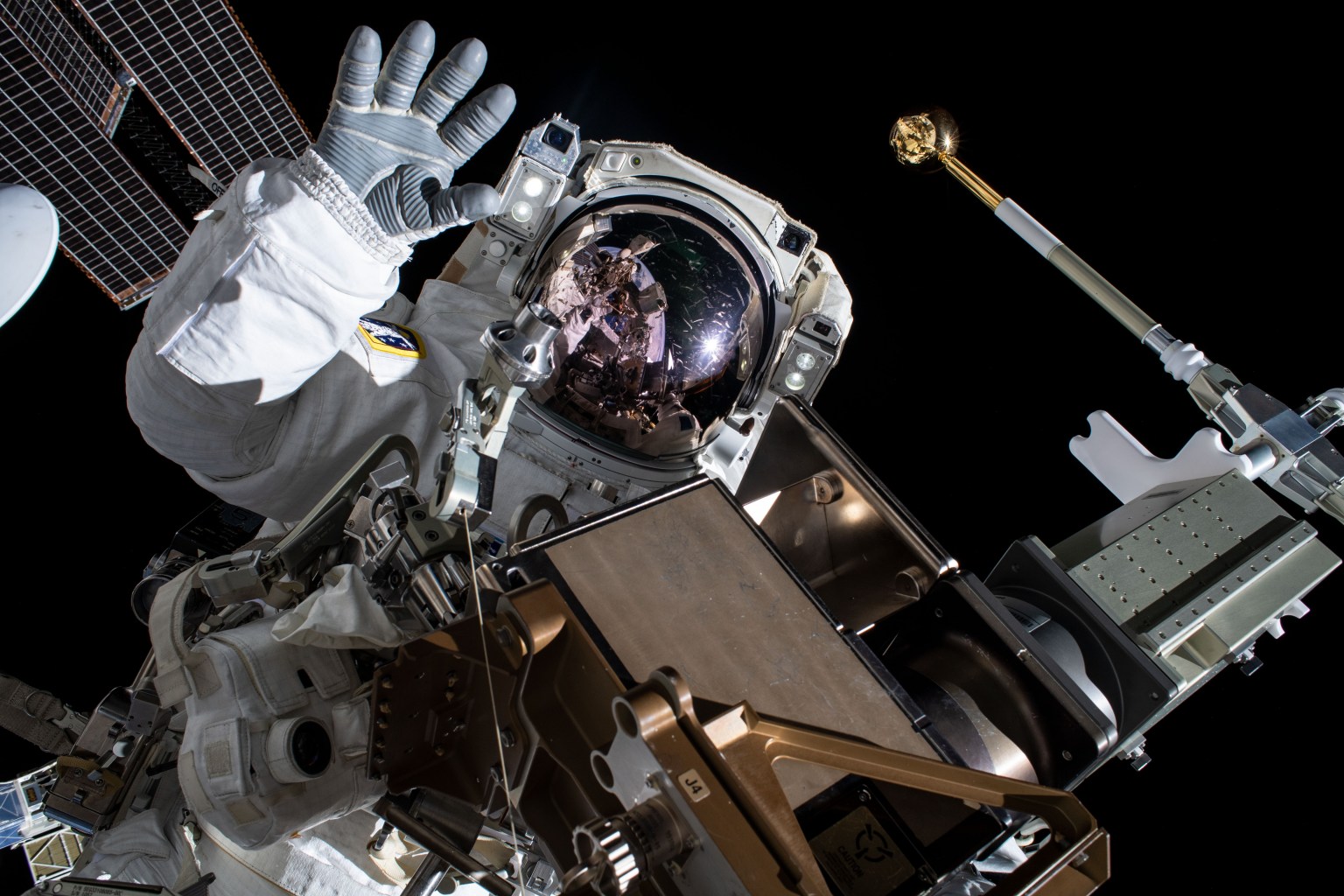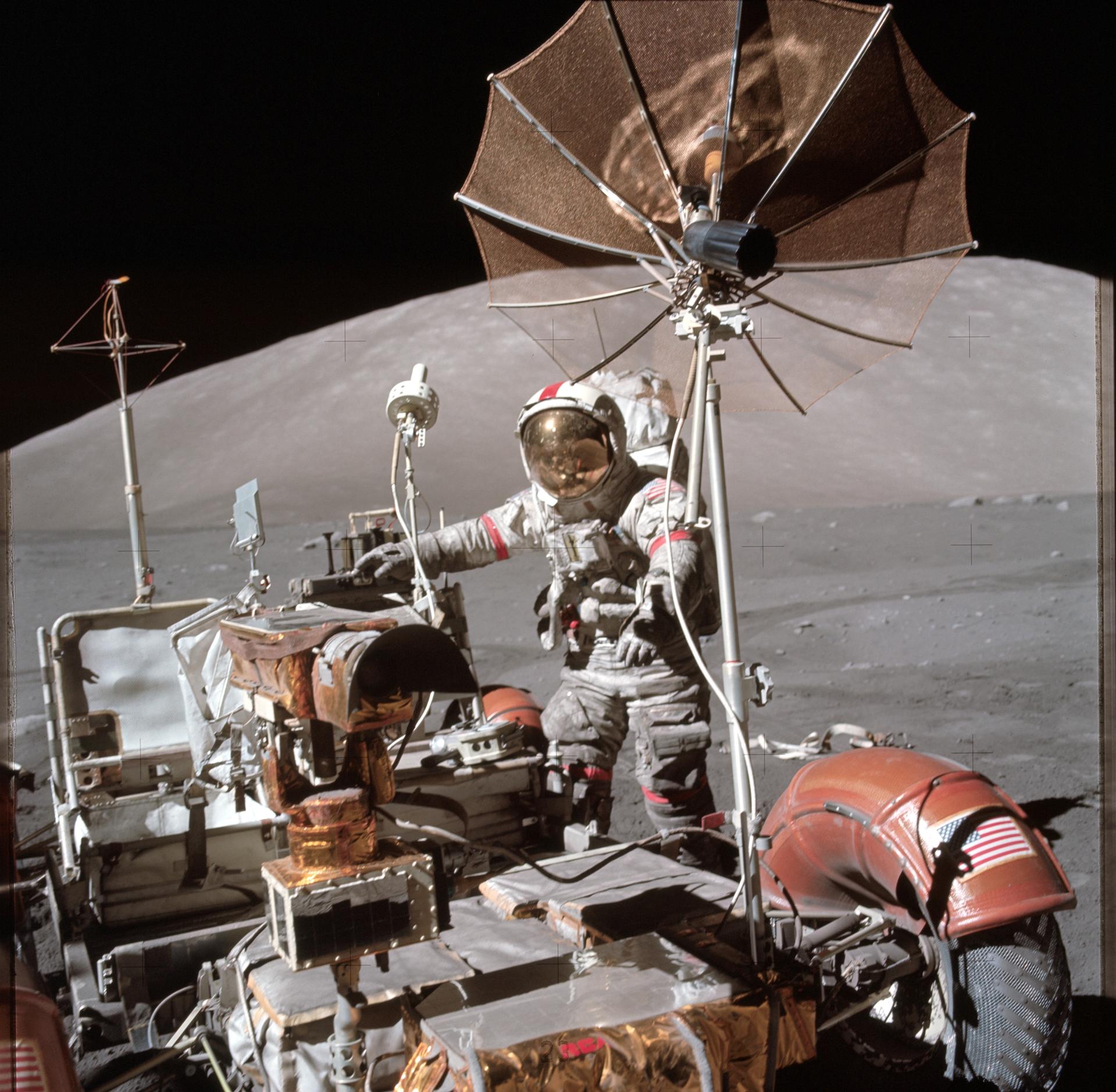As NASA and its partners continue work to modernize the nation’s air traffic management system, known as NextGen, many promising new technologies are developed along the way.
But before those technologies can be considered ready for deployment, they must be fully evaluated to ensure they will safely do the job.
The work to both evaluate those technologies and to figure out how to do the evaluating in the first place is the basic idea behind 13 research proposals NASA has selected for negotiations that will lead to an actual contract award.
The contracted work will be managed by the Shadow Mode Assessment Using Realistic Technologies (SMART) for the National Airspace System (NAS) Testbed for Safe Trajectory Based Operations (TBO) Project.
“TBO concepts and technologies will enable a paradigm shift that will reduce delays, increase throughput, improve flight efficiency, and reduce schedule disruptions while ensuring safety,” said Rudy Aquilina, SMART-NAS for Safe TBO deputy project manager.
The nine companies selected for continued negotiations leading to a contract award for 13 proposals are:
- Intelligent Automation, Inc, of Rockville, MD, for “Revealing Correlations in Non-Traditional Air Traffic Management Data” and “ATLASx: Smart Data Analytics to Acquire Deep Insights from the NAS”
- Robust Analytics of Gambrills, MD, for “Test Bed Use Cases for Improving Airline Performance and the Passenger Experience”
- Metron Aviation, Inc., of Dulles, VA, for “Decision Support Capabilities for Effective Application of Collaborative Trajectory Options Programs”
- Mosaic ATM, Inc., of Leesburg, VA, for “Collaborative Trajectory Options Program: Modeling, Decision Support, Optimization and Simulation,” “Achieving Management by Trajectory,” “Anomaly Detection in the National Airspace System,” and “Argument Based – UAV Moral Compass Assessment for Off-Nominal Events”
- ATAC Corporation of Santa Clara, CA, for “Big Data Analytics for Aeronautics”
- University of Virginia, Charlottesville, VA, for “A Systems-Theoretic, Model-Based Approach to Assuring Safety in TBO”
- Rockwell Collins, Inc., of Cedar Rapids, IA, for “Architectural Modeling and Analysis for Safety Engineering”
- Logistics Management Institute of Mclean, VA, for “Improving the Systems Engineering of Complex and Increasingly Autonomous Systems through the Development of Advanced Engineering, Language, Symbols, & Visualizations”
- Georgia Tech Research Corporation of Atlanta for “LIAM: Legal Implications of Autonomy Mishaps”





